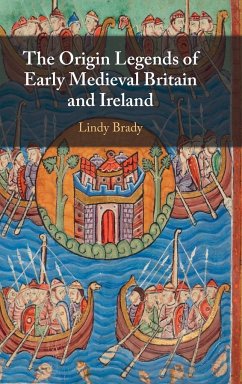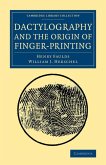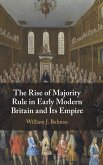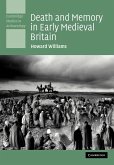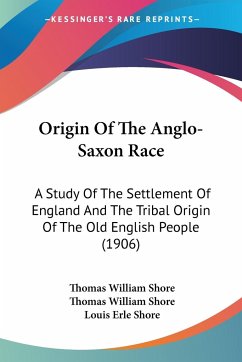"A key argument of this book is that it is impossible to separate the growth of any one of the insular origin narratives from that of the larger corpus of historical and pseudohistorical writing which contained them. This initial chapter therefore presents the evidence for the textual connections between these works in one place, while the chapters to follow will analyze the historical, literary, and cultural implications of these connections. A crucial part of this discussion will of course centre around known connections between texts in the corpus of insular historical and pseudohistorical works, and so this chapter outlines the sources and later reuses of each major work under consideration. This survey is, by necessity, in part a synthesis of the work of previous scholars. It is presented here because while studies of the individual texts discussed below are generally well-aware of their connections to other works in the insular corpus, broader scholarship on the early medieval period still treats so-called 'Irish', 'Welsh', 'Anglo-Saxon' and 'Scottish' literary and historical traditions as disparate. Yet as Rix has noted, 'the understanding of the end product is enriched by making sense of the sources utilized to create its authority'. In compiling scholarship on the transcultural nature of the works which contained insular origin material and explicating the layers of textual connection between them, this chapter follows the methodology of scholars such as Goffart, Plassmann, Coumert, and Reimitz in overturning the common perception that the authors of these texts were working in proto-national isolation and instead revealing the textual connections that shaped the intellectual landscape of the early medieval insular region"--
Hinweis: Dieser Artikel kann nur an eine deutsche Lieferadresse ausgeliefert werden.
Hinweis: Dieser Artikel kann nur an eine deutsche Lieferadresse ausgeliefert werden.

